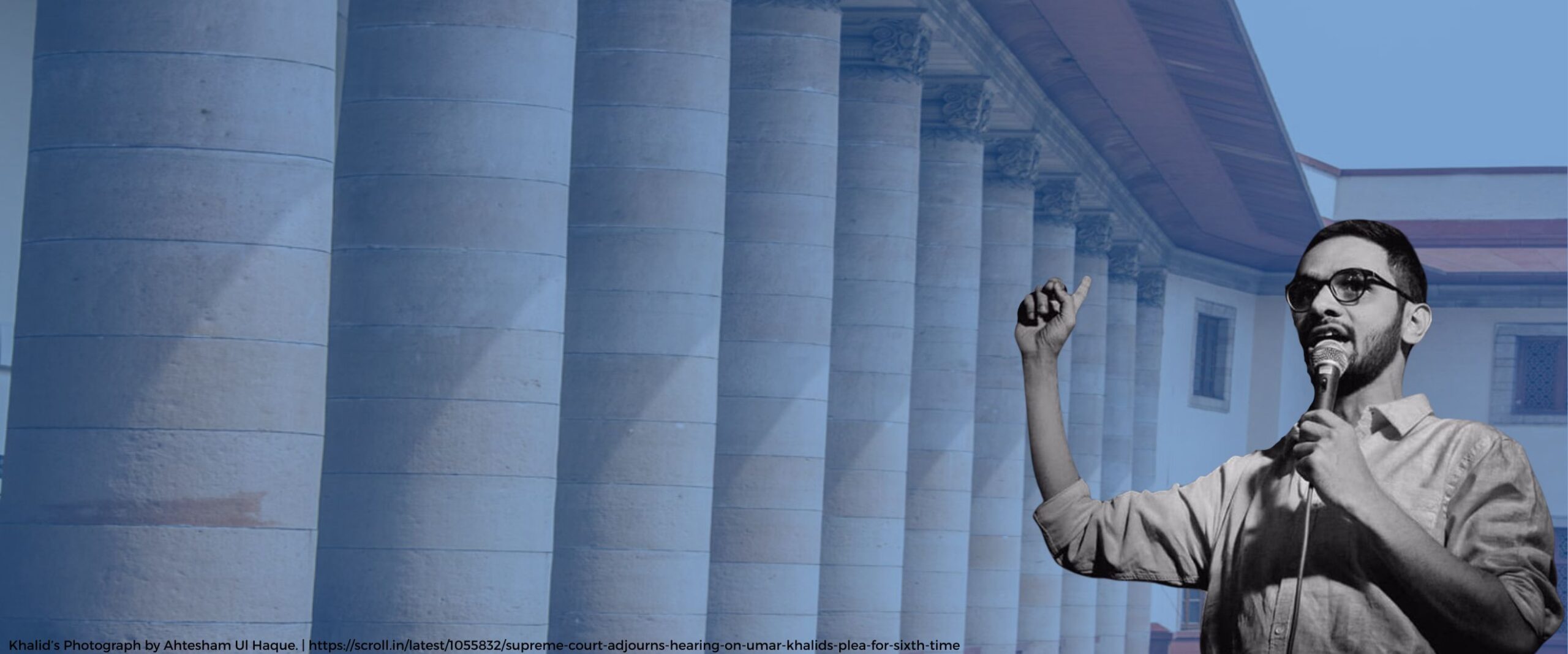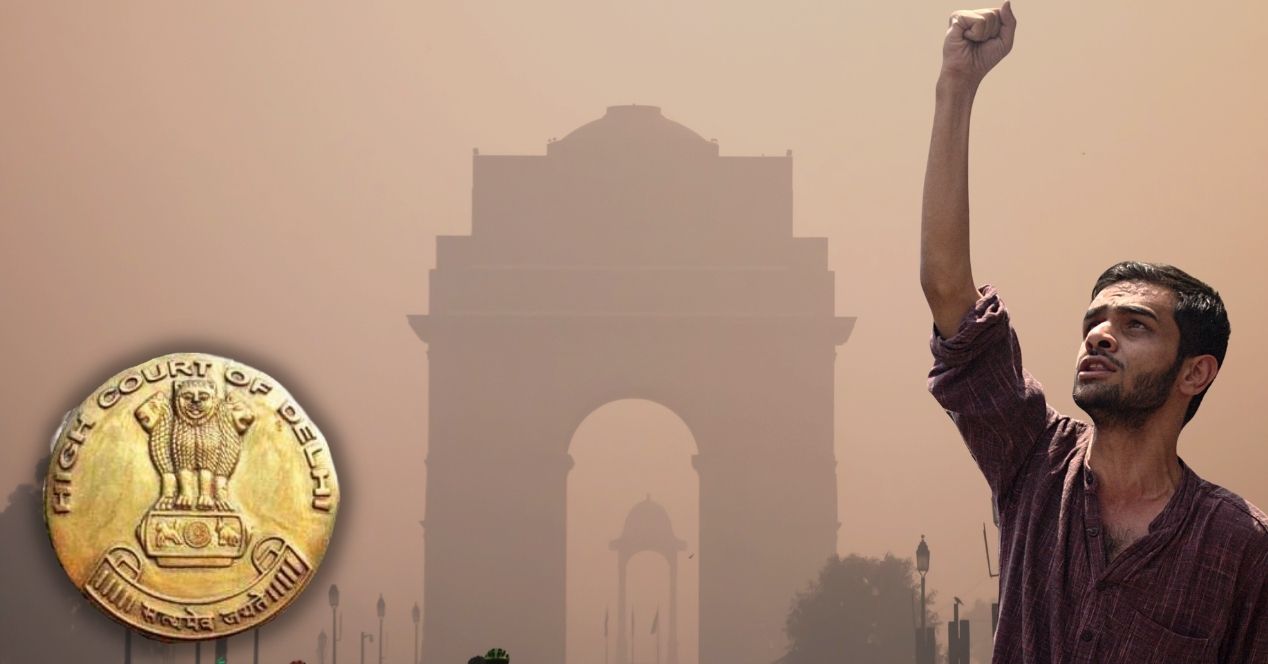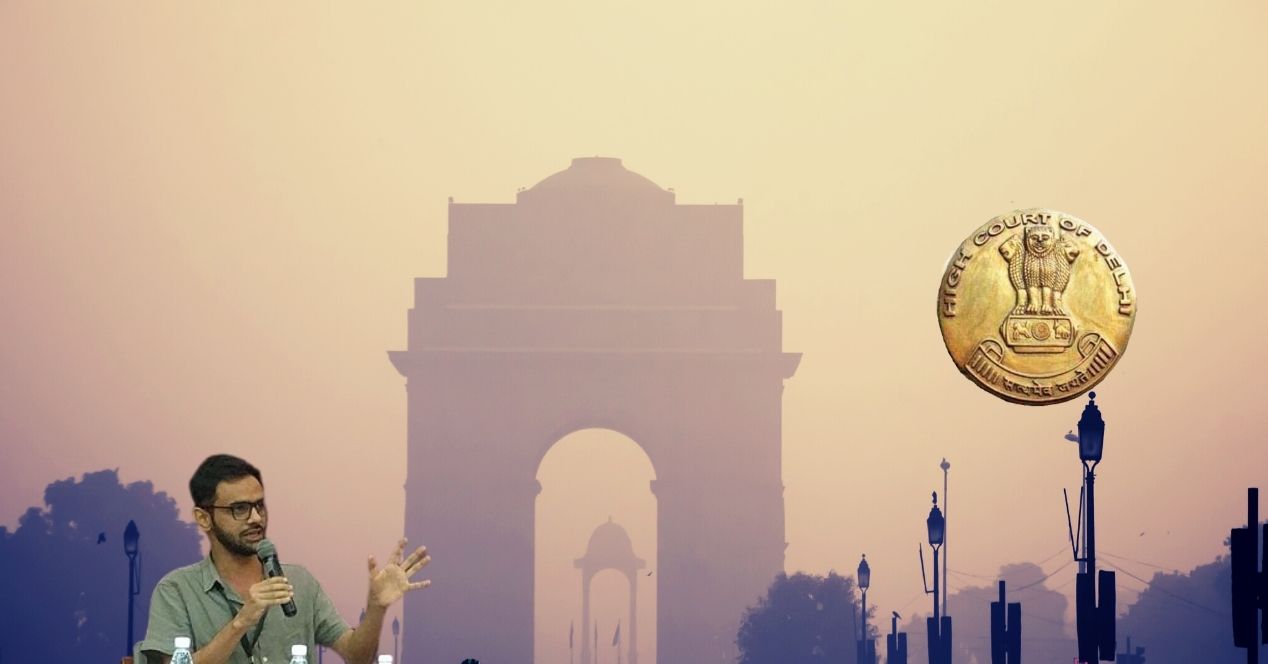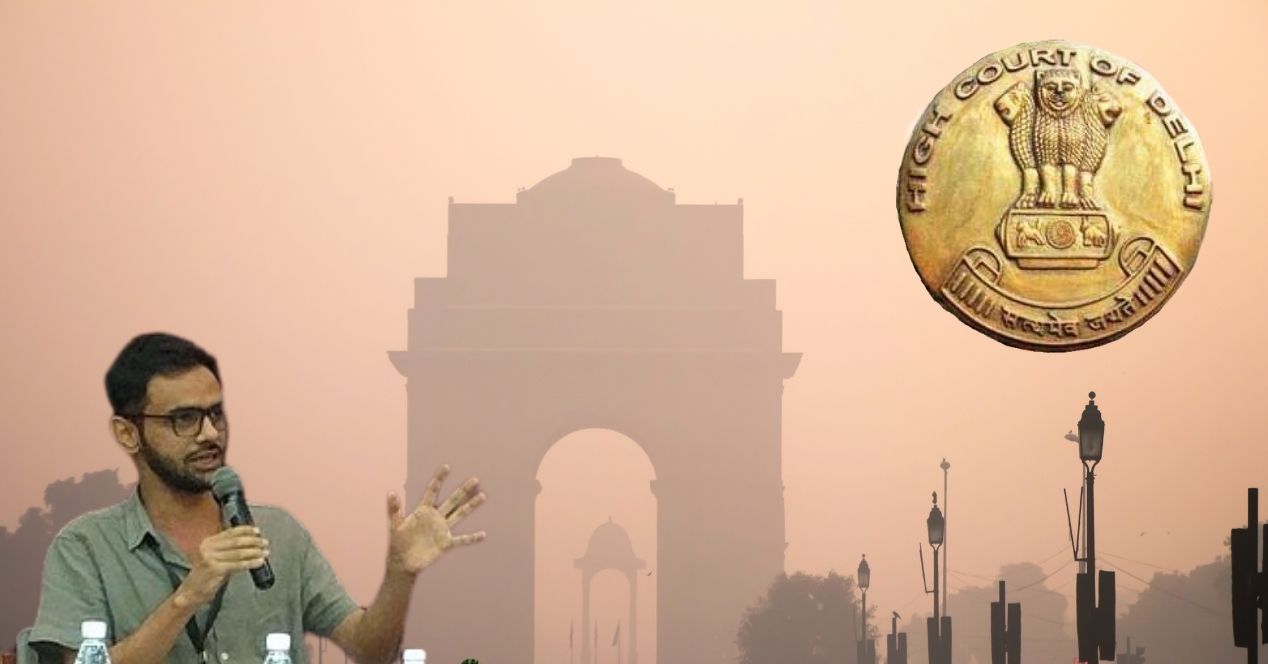Analysis
“Where is the weapon, the violence?” Sibal asks in Umar Khalid’s bail hearing at the Supreme Court
It was argued that Khalid and others remain jailed without recovery or proof of violence, as charge-sheets pile up yearly

Today, a Bench of Justices Aravind Kumar and N.V. Anjaria began hearing the bail pleas of Umar Khalid, Sharjeel Imam, Gulfisha Fatima and others accused of conspiring and instigating the 2020 Delhi riots.
On 2 September, the Delhi High Court denied bail to Khalid who has filed multiple applications before different courts since he was first charged under the Unlawful Activities (Prevention) Act, 1967. The Bench of Justices Navin Chawla and Shalinder Kaur accepted the prosecution’s contention that the riots were a “premeditated, well-orchestrated conspiracy” and held that prolonged incarceration alone could not justify bail.
On 10 September, Khalid approached the Supreme Court to challenge this decision. The matter was adjourned twice, with notice being issued on 22 September. It was adjourned again on 27 October, when ASG S.V. Raju sought time to file rejoinder. Today marked the first substantive hearing of the pleas.
Senior advocates Kapil Sibal, Abhishek Manu Singhvi and Siddharth Dave submitted arguments on behalf of the accused.
Singhvi: ‘An annual ritual of supplementary charge sheets’ has replaced justice with delay
Singhvi submitted that Gulfisha has been in custody since 11 April 2020—a period of over five years and five months. While the first chargesheet was filed on 16 September 2020, he noted that it has become “an annual ritual to file a supplementary chargesheet every year” since. He questioned whether such filing “can continue indefinitely.”
Singhvi said Fatima’s bail plea exemplified “extraordinary delay,” despite her cooperation with the proceedings. “My arguments on charge concluded in March 2025,” he submitted, “yet I remain incarcerated while arguments continue against others.” He stressed that the trial had been delayed due to repeated transfers, changes of Bench, and overburdened courts, not due to any act of the accused.
Calling the prosecution “Kafkaesque,” Singhvi said, “The High Court has perversely said that I have benefitted from delay, and therefore must remain in jail.” Citing Union of India v K.A. Najeeb (2021) and Sheikh Javed Iqbal v State of Uttar Pradesh (2024), he iterated that “bail is the rule, jail the exception” as prolonged incarceration under the UAPA violates Article 21.
He added that Fatima is “the only woman still in custody,” though “others—Natasha Narwal and Devangana Kalita—have been granted bail.” “I am not a hardened criminal going around murdering people,” he said, describing the allegations of violence and terror funding as “outlandish”.
Sibal: “No recovery, no weapon, no link to violence — where is the conspiracy?”
Sibal began by referring to “the heart of the matter”, procedure and liberty. “They say I am delaying the trial but the record shows otherwise” he said, detailing how 55 hearings in the Trial Court had been lost to administrative lapses, staff shortages, strikes and absences of the investigating officer.
He reiterated that Khalid faces no evidence linking him to any act of violence. “There are 751 FIRs from the riots, and I am named in only one. If it was a conspiracy, would that not be rather surprising?” he asked. Noting that bail was granted to three co-accused who were physically present at the protests, Sibal pointed out that Khalid was not even in Delhi at the time of the riots.
Responding to the portrayal of Khalid’s speech at Amravati as the trigger for the riots, Sibal maintained that it was “a public, non-violent address invoking Gandhian principles.” He argued that the UAPA’s definition of “terrorist act” could not apply: “Where are the bombs, the weapons, or distribution of supplies?”
He urged the Court to apply the principle of parity and drew from several precedents to argue that “the seriousness of the offense is not determinative when liberty itself is at stake.”
Dave: Three years of investigation, five years in custody, no trial
Dave submitted that for three years, from August 2020 to June 2023, the investigation was ongoing and it took another year until September 2024 for the Trial Court to formally record its completion. “How could the trial progress?” he asked, pointing out that Imam has already spent five years in custody. “When I was allegedly conspiring, I was actually in police custody in another case,” he said, noting that bail had been granted in other matters.
Referring to the Delhi Police’s counter, he said the prosecution claimed Imam distributed pamphlets and delivered speeches to “mobilise Muslims”, but contended that he neither had access to phones nor participated in any meetings or acts that connected him to the violence. He stressed that Imam’s speeches in Delhi and Aligarh, “abhorred violence and endorsed peaceful protest.” Given the duration of custody and absence of violent conduct, Imam “is entitled to bail here as well” he concluded.
The Court directed the matter to be listed for further hearing on 3 November, noting it would be on “top of the list”.




